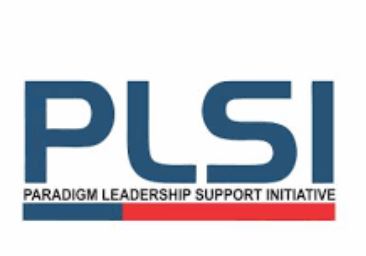
The report examines the level of transparency and accountability, operational in the management of public funds and implementation of public policies in all 36 states of the Federation, through public audit and key actors in the public audit action cycle.
The SAE Index 2022 report, the third consecutive report since 2020, and launched in partnership with the MacArthur Foundation, was benchmarked against the 2021 financial year, and conducted using primary and secondary research methods.
The report showed that Akwa Ibom State ranked 1st, having scored 69%, while Yobe and Katsina States ranked 2nd and 3rd, with 63% and 50% respectively. Also, Abia, Benue, Borno and Kano States occupied 33rd, 34th, 35th, and 36th positions respectively, having recorded 12%, 10%, 5% and 3% in that order.
An executive summary of the report also revealed that only two out of 36 states had made progress toward implementing financial autonomy for the Audit Office.
Also, 21 states did not publish full audit report for 2021, and only 11 out of 36 states published Citizens’ Accountability Report for 2021 online.
Furthermore, none of the 36 States produced standard performance audit report on government’s programs, projects, or policies in 2021, and only 5 out of 36 States have effective Public Accounts Committee in their Houses of Assembly.
The group’s Executive Director, Olusegun Elemo, explained that the Index had applied eight scoring parameters, in the ranking of the states including: audit legal framework & operationalization, submission of annual activity report, type of audit document published online, implementation of house resolutions on audit recommendations, evidence of performance audit, availability of citizens’ accountability report, civil society/media participation in the audit process, and effectiveness of public accounts committee.
Elemo further said that while the States Fiscal Transparency, Accountability and Sustainability Program launched between 2018 and 2022 did well to incentivize transparency reforms, and enact legal frameworks as the foundation for accountability, implementation of the frameworks however, remained a hard task for state executives, hence the initiation of the SAE Index report.
In its recommendations, PLSI emphasized the need, for governors to exhibit strong “political will” to enhance effective implementation of Audit Laws, while also calling on the Executive, the House of Assembly and the Office of the auditor Generals, to work collaboratively to remedy inadequacies in the legal framework of the and effective implement the audit laws.
They also recommended timely review of audit reports by State Houses of Assembly, and publishing full audit reports as well as citizens’ accountability reports online, to enhance civic participation in the audit process.














